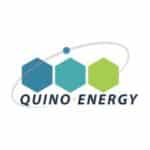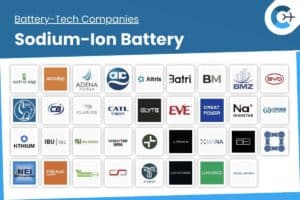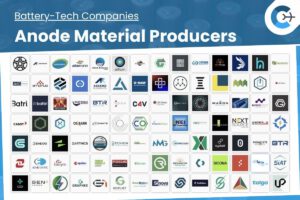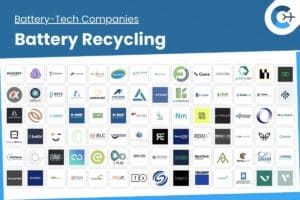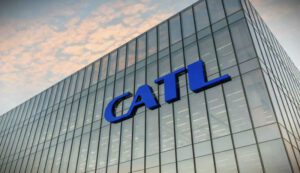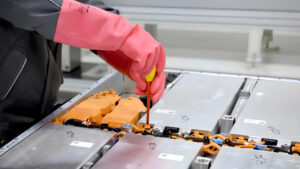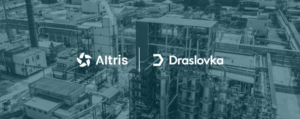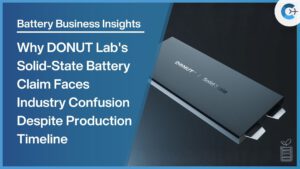The core technology uses quinone molecules dissolved in water to store energy via reversible oxidation-reduction cycles, eliminating fire risks and critical minerals. A pilot production line at manufacturing readiness level 7 produces up to 100 kWh of organic battery material daily. Scalability is achieved through larger electrolyte tanks, offering cost advantages for 8–24 hour storage compared to lithium-ion. Systems integrate with existing vanadium flow hardware and use abundant coal tar feedstocks for a reliable domestic supply chain.
Water-based flow battery systems designed for 8–24 hour energy storage targeting commercial and utility markets. Lab-scale 3 kW/24 kWh pilot system and commercial-scale 200 kW/2 MWh system in development. Features include fire-safe operation, modular scaling, and compatibility with vanadium flow equipment.
In 2024, secured a $2.6 million DOE grant to develop a 3 kW/24 kWh lab-scale pilot and a 200 kW/2 MWh commercial pilot. The commercial system is slated for completion by 2026 with at least 18 months of performance evaluation.
Quino Energy raised $4.6M in seed funding from Energy Revolution Ventures, Doral Energy Tech Ventures, and TechEnergy Ventures, received a $4.6M DOE grant, and has board representation by ANRI through Masahiro Sameshima.

